Expert Immigration Lawyers in Los Angeles
Consular Processing in Los Angeles – Your Pathway to a U.S. Visa
At
GPV Immigration Law, we specialize in
consular processing for individuals seeking to enter the U.S. through various visa categories. Whether you're navigating
H1B consular processing or applying for a
green card, our experienced team in Los Angeles is here to provide expert legal guidance. We assist with everything from
immigrant visa processing to preparing for
visa interviews with a
consular officer, ensuring a smooth and timely journey to your U.S. visa approval.
4 Strong Statements About How Our Services Help:
- We offer comprehensive support for those undergoing
consular processing for various visas, including the
H1B visa consular processing and
green card processing.
- Our team helps you prepare and organize all required forms and
supporting documents, ensuring your application is complete and correct.
- We clarify the differences between
adjustment of status vs consular processing and provide expert advice on whether you should pursue
H1B change of status vs consular processing based on your specific situation.
- Our attorneys are experienced in representing clients through their visa interviews and assisting with any issues or delays during consular processing.
What is Consular Processing and How Does it Work?
Consular processing refers to the process of obtaining a U.S. visa through a U.S. consulate or embassy in your home country. Applicants must submit the necessary forms, attend a visa interview, and meet the consular requirements to receive their visa approval. This method is typically used by individuals who are outside the U.S. or those seeking to adjust their status. If you're undergoing H1B consular processing, you must submit a petition, complete a visa application, and attend an interview at the consulate, where a consular officer will review your case.
One frequent question we receive is, "why did my H1B extension go into consular processing?" This can happen if you're outside the U.S. or if your
change of status request was denied. Understanding the differences between
change of status vs consular processing and how to navigate
H1B consular processing can be confusing, but our team is here to provide clarity and ensure you make informed decisions.
The consular processing timeline can differ depending on your home country and the visa you're applying for. For instance, visa processing times and the availability of immigrant visa numbers can affect the length of time it takes to finalize your application. At GPV Immigration Law, we help you understand the specific processing times and provide guidance to help manage your expectations. If you're dealing with CSPA consular processing or need help with the I-730 consular processing, we will support you throughout the entire process.
Frequently Asked Questions
What is consular processing?
Consular processing is the procedure through which individuals apply for a U.S. visa through a U.S. consulate or embassy located in their home country. The process includes submitting necessary forms, attending a visa interview, and waiting for approval from a consular officer.
How long does consular processing take?
The duration of consular processing depends on several factors, such as the type of visa, your home country's procedures, and the visa bulletin's availability of immigrant visa numbers. On average, it may take several months to over a year.
What is the difference between consular processing and adjustment of status?
Adjustment of status is for individuals already in the U.S. who seek to change their immigration status without leaving the country. In contrast, consular processing requires applying for a visa through a U.S. consulate in your home country. Both paths have different procedures and timelines.
What is the H1B consular processing timeline?
The H1B consular processing timeline can vary, but it generally depends on factors like your home country's visa interview wait times and your case's complexity. It's essential to consult with an attorney to understand your specific timeline.
Do I need an attorney for consular processing?
Although it's not mandatory, having a consular processing lawyer can significantly improve your chances of success. An experienced attorney can help ensure your application is properly prepared, guide you through the interview process, and resolve any issues that arise.
Can I apply for a green card through consular processing?
Yes, you can apply for a green card through consular processing. The process involves filing an immigrant visa petition, submitting supporting documents, and attending a visa interview at a U.S. consulate.
What happens after the consular interview?
Following the visa interview, the consular officer will either approve or deny your visa application. If approved, you will receive your visa and instructions on how to enter the United States.
Can I travel during consular processing?
Traveling during consular processing can complicate your case, potentially causing delays or issues. It’s advisable to speak with an attorney before making any travel plans to avoid negatively impacting your application.
